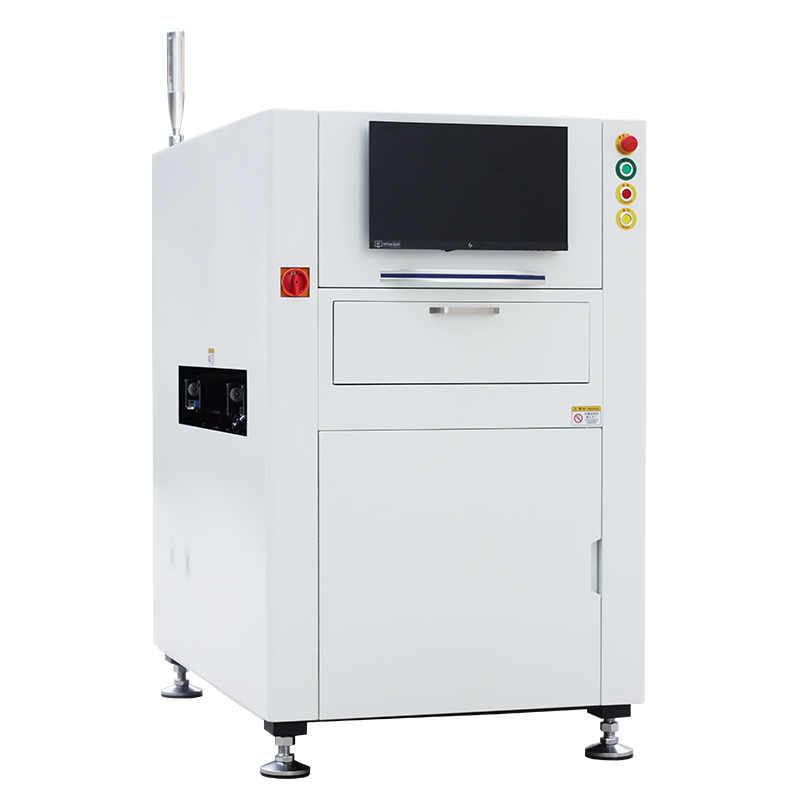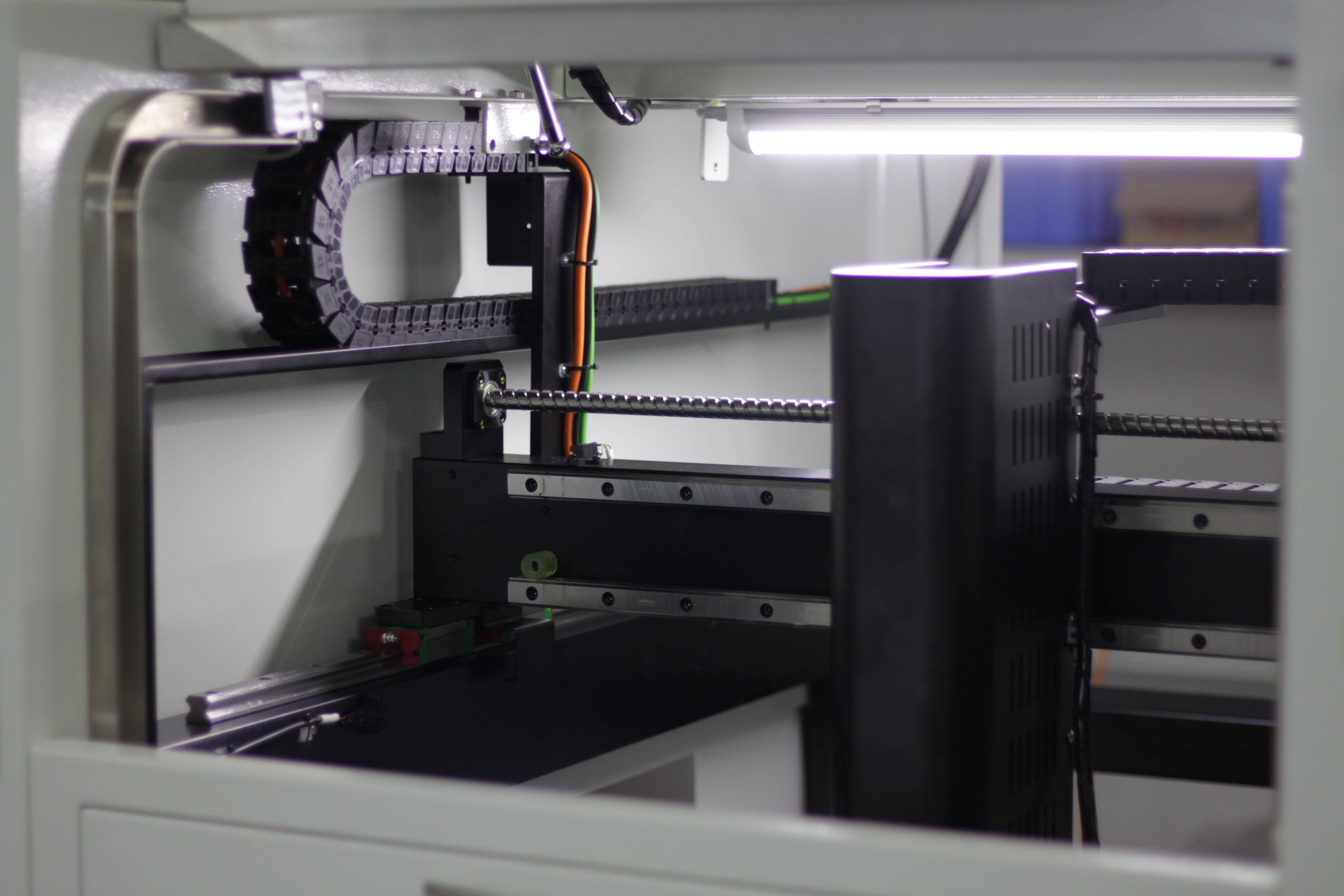Error de formato de correo electrónico
emailCannotEmpty
emailDoesExist
pwdLetterLimtTip
inconsistentPwd
pwdLetterLimtTip
inconsistentPwd


A Comprehensive Overview of AOI Automatic Optical Inspection Machine
AOI (Automatic Optical Inspection) machines have revolutionized the electronics manufacturing industry. These sophisticated systems utilize advanced optical technologies to inspect printed circuit boards (PCBs) and identify manufacturing defects with high accuracy. This article provides a comprehensive overview of AOI automatic optical inspection machines, exploring their functions, benefits, working principles, various categories, and industry applications.
Understanding AOI Automatic Optical Inspection Machines
1. Definition and Purpose:
AOI automatic optical inspection machines are cutting-edge systems designed to inspect PCBs for defects that may affect their functionality and reliability. These machines use optical technologies to analyze the board layout, components, and solder joints, helping manufacturers identify and rectify potential issues in the assembly process.
2. Functions and Benefits:
AOI machines offer numerous functions and benefits, including:
- Detection of missing components, incorrect component placements, and polarities.
- Verification of correct solder paste application and joint quality.
- Identification of solder bridging, open circuits, and short circuits.
- Reduction of human error and inspection time.
- Enhanced product quality and reliability.
- Cost savings by eliminating defective PCBs and minimizing rework.
Working Principle of AOI Automatic Optical Inspection Machines?
1. Image Acquisition:
AOI machines employ high-resolution cameras and advanced lighting systems to capture the images of PCBs. These cameras acquire images from multiple angles to ensure comprehensive inspection coverage.
2. Image Processing:
After image acquisition, AOI machines utilize sophisticated image processing algorithms to analyze the images. These algorithms apply various filters, edge detection techniques, and pattern recognition methods to identify defects accurately.
3. Comparison and Inspection:
Once the images are processed, the AOI system compares the captured images with the expected "golden" reference images of defect-free PCBs. Any deviations or discrepancies detected during the comparison process are flagged as potential defects for further analysis.
4. Defect Classification:
AOI machines classify the detected defects based on severity and relevance. This classification enables manufacturers to prioritize and address critical issues first, ensuring efficient production and quality control.
Categories of AOI Automatic Optical Inspection Machines?
1. 2D AOI Machines:
2D AOI machines capture images of PCBs from a single perspective. These machines excel in inspecting component placement accuracy, solder joint quality, and solder paste application.
2. 3D AOI Machines:
3D AOI machines utilize additional optical technologies, such as laser triangulation or structured light projection, to capture height or depth information. These machines offer enhanced inspection capabilities for complex PCBs, including coplanarity checks, lifted lead detection, and 3D solder joint analysis.
3. Inline AOI Machines:
Inline AOI machines integrate seamlessly into the production line, conducting inspections in real-time. These machines provide immediate feedback to manufacturers, enabling prompt adjustments and minimizing defect-prone production processes.
Industry Applications of AOI Automatic Optical Inspection Machines
1. Electronics Manufacturing:
AOI machines are extensively used in the electronics manufacturing industry to inspect PCBs during assembly, ensuring high-quality and reliable products.
2. Automotive Industry:
Automotive manufacturers utilize AOI machines to inspect PCBs used in automotive electronic systems. These machines contribute to the overall safety, reliability, and durability of vehicles.
3. Medical Device Manufacturing:
AOI machines play a crucial role in ensuring the quality and functionality of PCBs used in medical devices. These machines contribute to the accuracy and reliability of diagnostic equipment, implantable devices, and other medical technologies.

AOI Automatic Optical Inspection Machine Greatly Improves Product Quality and Efficiency
AOI automatic optical inspection machines have become indispensable tools in the electronics manufacturing industry. Their ability to detect defects with high accuracy, speed, and efficiency has significantly improved product quality and production efficiency. By integrating these machines into their processes, manufacturers can enhance their competitiveness and deliver superior products to the market.

